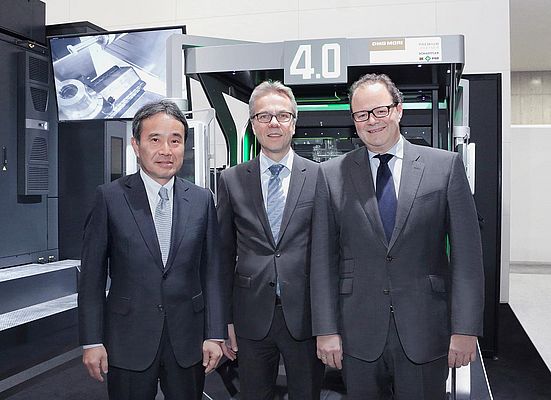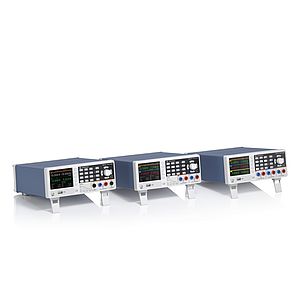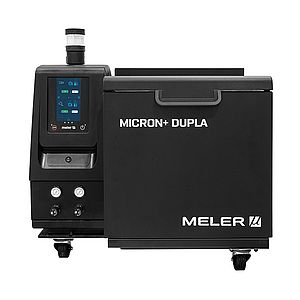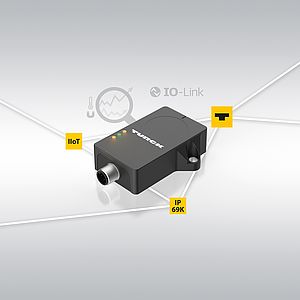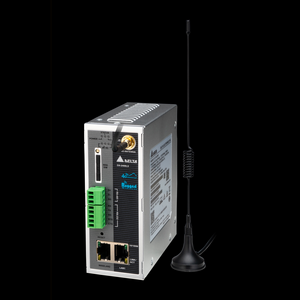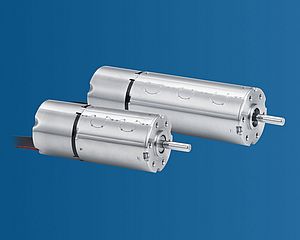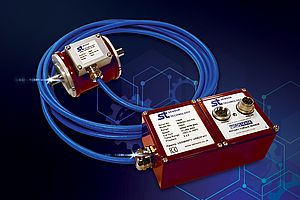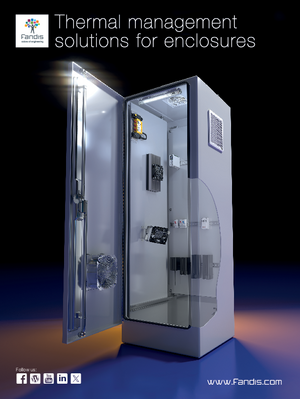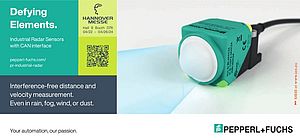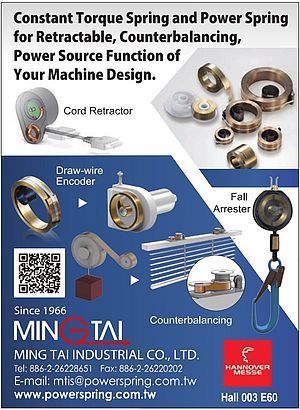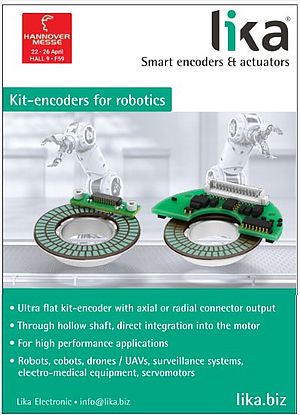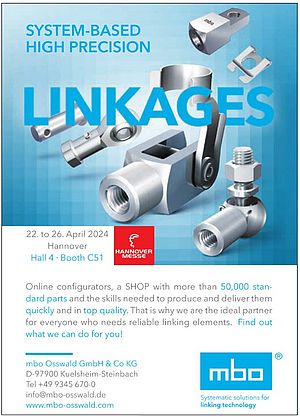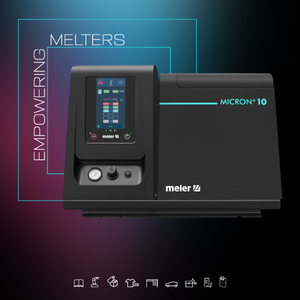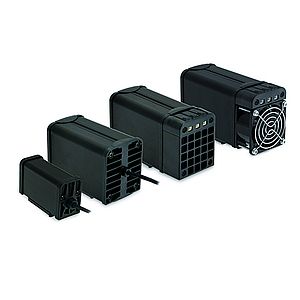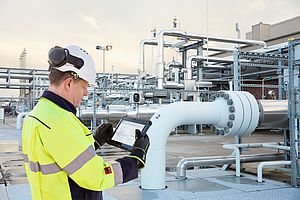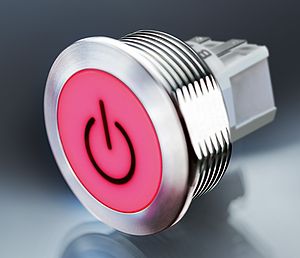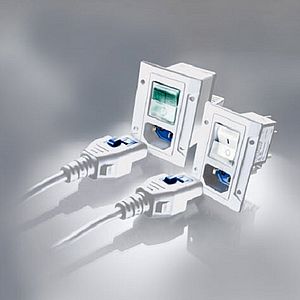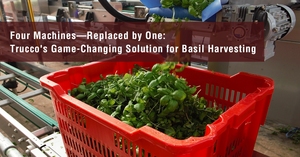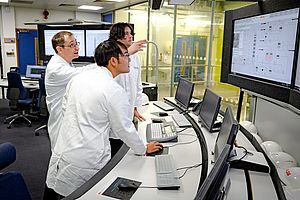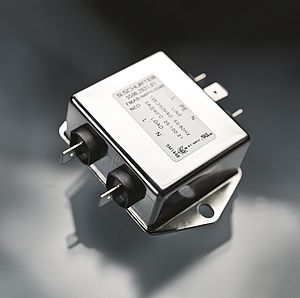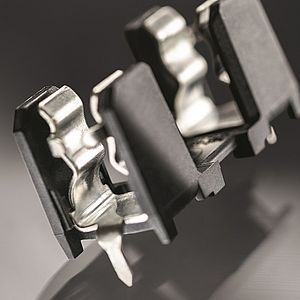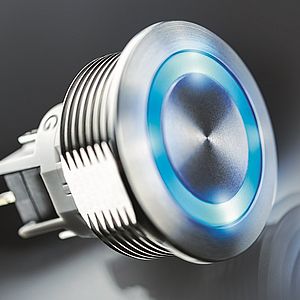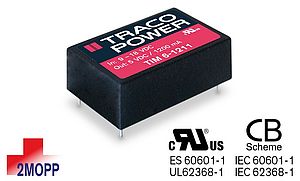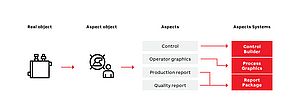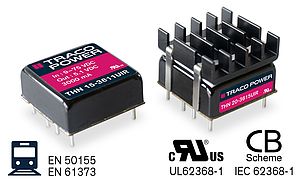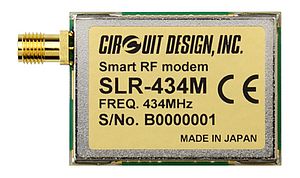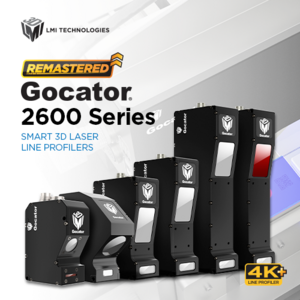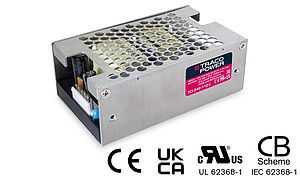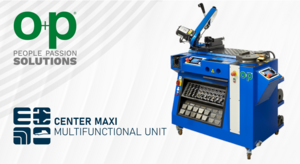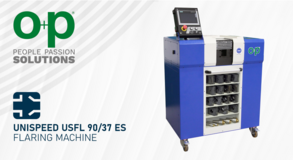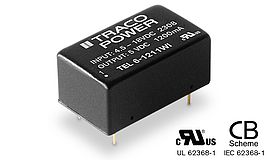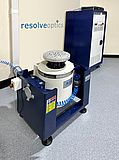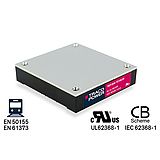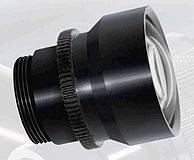Schaeffler and DMG MORI have signed a cooperation agreement at JIMTOF 2016 in Japan that has the objective of jointly pursuing development work in the field of additive manufacturing of rolling bearings. Additive manufacturing is a strategic focus in Schaeffler’s development roadmap.
Laser deposition welding for the manufacture of rolling bearings
The basis for the joint development work will be a Lasertec 65 3D made by DMG MORI, a five-axis machining centre including a laser metal deposition welding unit, which will be used at Schaeffler. The goal is to develop the additive manufacturing technology of what is called laser metal deposition welding so that it can be used for the flexible manufacture of rolling bearing components for prototypes and small batch sizes.
Continuing premium partnership in marketing
Both companies also extended their marketing partnership to 2017 at JIMTOF. Operators of machine tools will benefit from the cooperation in two ways. First, it will help to demonstrate bearings, linear technology and direct drive technology, as well as new ideas in sensor systems and linking components. Second, it will help to show how these can be used for predictive maintenance, increasing efficiency and process optimisation.
Added value through digitalisation: “Machine Tool 4.0” innovation project
Schaeffler and DMG MORI presented the “Machine Tool 4.0” innovation project jointly with other partners. The project links existing technology with new digitalised components from sensors to the Cloud. Two prototypes were set up based on the fourth-generation DMC 80 FD duoBLOCK® universal milling and turning machining centre. Additional sensors for measuring vibrations, forces, temperatures and pressures have been integrated in almost all bearing positions relevant for the machining process in the prototypes of the innovation project in order to obtain optimum information about the machine’s condition.


